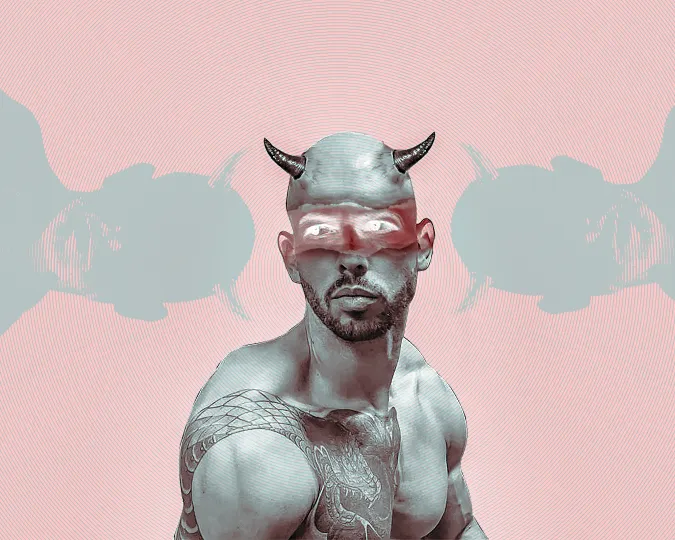I've been loving teaching again after a two year break. I taught senior English for fifteen years before quitting because I was on the verge of another nervous breakdown. It's taken me a while to get my mojo back, and it's surprising to find it in the junior years as I teach Year 7 and 8 English. I haven't taught those lower levels for a very long time, and had forgotten how fun it can be, especially at Year 7.
Besides, I've got to teach some of my most loved short stories, like Ursula Le Guin's The Wife's Story, Bradbury's The Veldt and All in A Summer's Day. It's been fun teaching creative writing to such enthusiastic kids. I've felt reinvigorated in the classroom again, enjoying the performance of it, and interacting with students, who can be delightful fun (when they aren't throwing paper planes or drawing penises on people's books).
Last week we had two days of professional development, and though we might moan about better ways to spend our time (especially if we're put into a PD we hate) they can be quite thought provoking and inspiring. I'd been put into a PD on an app I was never going to use, so I rebelliously snuck into the session I did want to go to - about raising boys to be good men. It was run by a colleague who had been to a workshop run by The Man Cave, a group that works 'with young men at a preventative level, empowering them to become great men for themselves, their relationships and their communities.' Now this is a pretty important project in a country where domestic violence is a massive issue, male suicide is very high, and young men are struggling in the school environment post lockdowns, social media influences affect their beliefs, and idiots misogynists men like Andrew Tate influence how they see themselves and the world.
As a female teacher, I was interested in how to positively engage with boys as I'm guilty of supporting woman, because, well, I am one, and feminism has been a massive part of my life as I defend woman's rights and make sure the girls in the classroom are heard. But how do I recognise the problems boys are going through, support their self worth, and make them feel supported and heard as well? How do I deal with comments such as 'Andrew Tate actually does some really good stuff' when I know he's a con man whose influence on young men threatens to send us back to the 1950's? What actually is the current state of masculinity? Why does Tate resonate with them?
One take away was that algorithms have a lot to answer for. Even if young men didn't feel comfortable with what Tate had to say about woman, if they'd clicked on his video at any point, or any similiar videos, or liked things because they were funny or inspiring but were still from men like this, they were just going to be constantly fed this kind of thing. That's dark. Boys have to be pretty self aware to switch off from that kind of thing and know when the line has been crossed. The BBC content report found that:
algorithms ... "deliberately push 13-year-old boys towards Andrew Tate - not for any content reason, but simply on the basis that 13-year-old boys are like each other and one of them has already been on that site".
How are teachers meant to go up against the algorithm? We can't.
All we can do is to challenge, really. Asking questions such as 'why do you think that' and keep nutting down into their rationale is important. They do need be challenged, and they do need an adult to do that, and they do need to be reminded about what is actually illegal and where they have crossed the line. Teaching them to be critical about what they watch is an educator's job. It's no good to utterly shut them down, yell at them, punish them, tell them they're wrong - but they definitely need to be taught to think critically.
Another one of our jobs is to show vulnerability - because we want to model it for them. The catchphrase is that it's 'not weak to speak'. Providing a safe space for them to express themselves and to understand that it's okay to do that is incredibly important.
One of the things we're noticing in Australian classrooms in increased banter post COVID lockdowns - as they've missed some important years of socialisation through lockdowns, the boys have come back without the social skills to be good to each other. There's a lot of teasing, ribbing, ridicule and poking - more than usual. As educators, we need to get them to understand why they do that - usually because of the dopamine hit they're used to on Tik Tok - and how it doesn't serve them.
The most important thing, it seemed, was that they need good role models - and male ones. One of the hardest facts to get our heads around that boys often won't listen to woman unless a male says she has something important to say, and they should listen to them. That utterly sucks for female teachers. There was no real answer to that.
Whilst I'm taking another break from teaching, I'd really like to know more about how I can engage with boys and influence the culture through positive relationships. It's a whole new ball game - there was no algorithms when I began this career. It also made a lot of us really concerned with how teachers are leaving the profession because of this kind of thing, and how our government and indeed society is going to deal with it.
With Love,

Are you on HIVE yet? Earn for writing! Referral link for FREE account here

